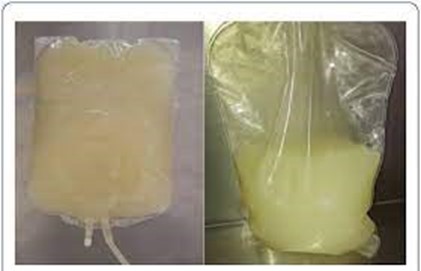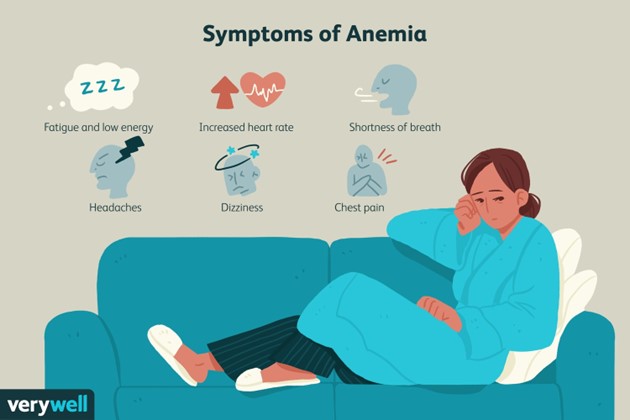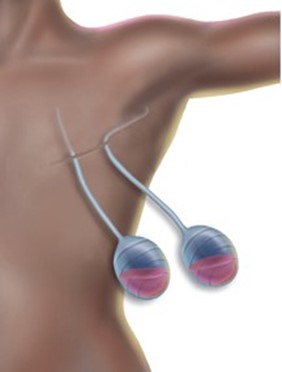A nurse is providing teaching to a client and their partner about performing peritoneal dialysis at home.
When discussing peritonitis, which of the following manifestations should the nurse identify as the earliest indication of this complication?
Cloudy effluent.
Increased heart rate.
Generalized abdominal pain.
Fever.
Fever.
The Correct Answer is A

The earliest indication of peritonitis in a patient undergoing peritoneal dialysis is often cloudy dialysis fluid when drained from the body.
Choice B is incorrect because an increased heart rate is not the earliest indication of peritonitis.
Choice C is incorrect because generalized abdominal pain is not the earliest indication of peritonitis.
Choice D is incorrect because fever is not the earliest indication of peritonitis.
Nursing Test Bank
Naxlex Comprehensive Predictor Exams
Related Questions
Correct Answer is A
Explanation
This statement indicates an understanding of the teaching because headache is a common symptom of anemia.
 Choice B is incorrect because bradycardia (slow heart rate) is not a common symptom of anemia.
Choice B is incorrect because bradycardia (slow heart rate) is not a common symptom of anemia.
Instead, anemia can cause irregular heartbeats or a fast heartbeat.
Choice Dis incorrect because flushed skin color is not a common symptom of anemia.
Instead, anemia can cause pale or yellowish skin 1.
Choice Cis incorrect because heat intolerance is not a common symptom of anemia.
Correct Answer is D
Explanation
“I should expect less than 25 mL of secretions per day in the drainage devices.” After a mastectomy with breast reconstruction using a tissue expander, you may go home with drains in your chest to remove extra fluid.

Choice A is wrong because performing strength-building arm exercises using a 15-pound weight is not recommended.
Choice B is wrong because waiting 2 months before additional saline can be added to the breast expander is not accurate.
Choice C is wrong because keeping the left arm flexed at the elbow as much as possible is not recommended.
Whether you are a student looking to ace your exams or a practicing nurse seeking to enhance your expertise , our nursing education contents will empower you with the confidence and competence to make a difference in the lives of patients and become a respected leader in the healthcare field.
Visit Naxlex, invest in your future and unlock endless possibilities with our unparalleled nursing education contents today
Report Wrong Answer on the Current Question
Do you disagree with the answer? If yes, what is your expected answer? Explain.
Kindly be descriptive with the issue you are facing.
